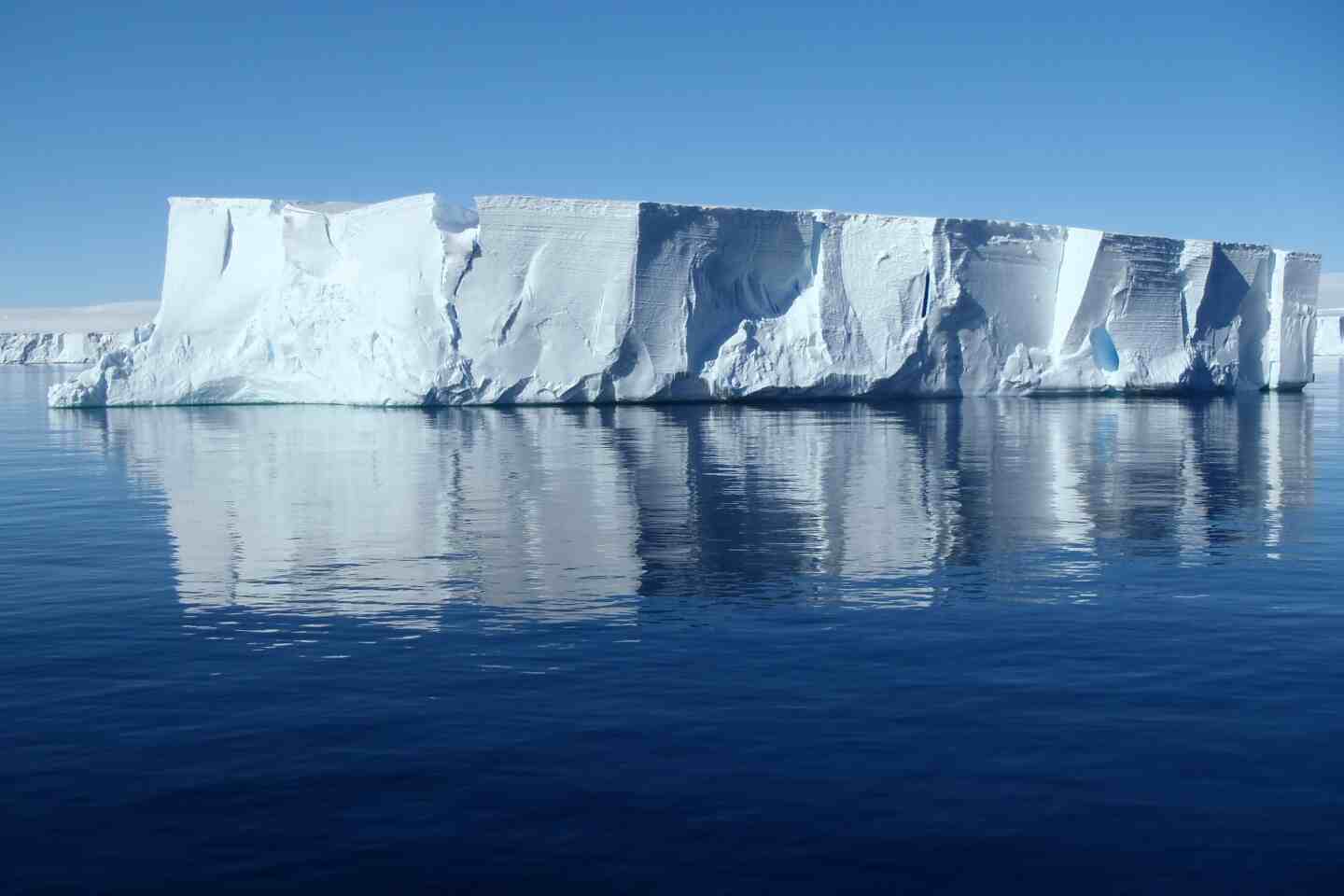THE LATEST
Dartmouth study uses advanced physics of ice dynamics to disprove predictions of extreme sea-level rise

Amidst the ongoing climate crisis, a study led by a team of researchers at Dartmouth University has provided a hopeful perspective on the issue. The study challenges alarming projections of sea-level rise due to the melting of polar ice sheets, emphasizing the necessity of accurate modeling and simulation in climate science.
The researchers utilized supercomputer simulations and high-fidelity modeling to closely examine a scenario outlined in the latest report by the United Nations' Intergovernmental Panel on Climate Change (IPCC). This scenario suggests a significant increase in global sea levels resulting from the potential collapse of the Antarctic ice sheets, which could lead to extensive coastal flooding, including in the Florida Peninsula, with up to 50 feet of seawater.
The study delves into the concept of Marine Ice Cliff Instability (MICI), which suggests that the rapid disintegration of ice shelves could trigger a catastrophic chain reaction leading to unprecedented sea-level rise. However, the Dartmouth researchers, employing advanced high-resolution models and supercomputing capabilities, have cast doubt on the likelihood and immediacy of such a scenario.
Led by Professor Mathieu Morlighem and his team, the study focused on Antarctica's Thwaites Glacier, known as the "Doomsday Glacier" due to its significant role in global sea-level dynamics. Contrary to predictions linked to MICI, the simulations revealed a more gradual and restrained retreat of the glacier, challenging the notion of an imminent ice cliff collapse predicted by existing models.
The implications of these findings are significant, particularly in the realm of coastal planning and resilience strategies. As policymakers and planners wrestle with the need to protect vulnerable coastlines from rising sea levels, the accuracy of climate models becomes paramount. The Dartmouth study underscores the critical need for precision in modeling techniques, cautioning against relying solely on worst-case scenarios that may not fully align with the underlying physics of ice dynamics.
Professor Morlighem emphasizes the pivotal role of high-end estimates in triggering policy responses and shaping adaptation strategies. Through the fusion of cutting-edge supercomputer simulations and meticulous modeling practices, the researchers have unraveled a complex interplay of factors governing ice sheet dynamics, shedding light on the profound uncertainties that exist in our understanding of climate-driven phenomena.
In the face of the looming threat of climate change, the Dartmouth study demonstrates the transformative power of scientific inquiry when bolstered by sophisticated computational tools and rigorous methodology. By challenging the very foundations of extreme climate projections, the researchers advocate for prudence and precision in confronting an uncertain future, urging a recalibration of our collective response to the evolving climate crisis.
In a world where uncertainties are prevalent, the convergence of advanced technology and scientific expertise offers hope in the battle against climate change. The Dartmouth study highlights the indispensable role of supercomputer simulations in navigating the complexities of climate science, marking a new stage in our efforts to understand and address the challenges posed by a warming planet.

